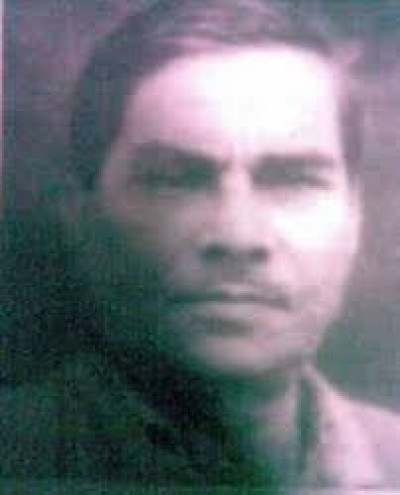Life & Legacy
His efforts helped shape the foundation of modern Assamese cultural identity, while his contributions to the Indian freedom struggle earned him a place among the most respected leaders of his time.
Early Life and Education
Benudhar Sharma was born on 16th November 1894 in Chandrapur (Kamrup district), Assam. He grew up in a time when Assam was witnessing a cultural revival alongside a growing nationalist sentiment.
After completing his formal education, he immersed himself in literature, historical research, and political activism. Inspired by the values of the Swadeshi Movement, Sharma committed himself to literary service and national freedom.
Literary Contributions
Benudhar Sharma was a versatile writer whose works spanned across poetry, essays, biographies, translations, and historical texts. His writing was not only artistically rich but also socially conscious and politically inspiring.
Notable Literary Contributions:
-
Authored and translated several Assamese literary classics, bridging regional and national cultures
-
Introduced Assamese readers to global literature through his skillful translations
-
Wrote biographies of freedom fighters, spiritual leaders, and cultural icons
-
Explored themes of patriotism, social reform, justice, and Assamese pride
Sharma’s literary works are marked by a strong sense of historical awareness, moral clarity, and linguistic elegance.
Historical Research and Journalism
As a historian and researcher, Sharma made significant contributions to documenting the cultural and political history of Assam. His historical essays and research helped preserve the folk traditions, ancient texts, and freedom movement archives of the region.
He also played a vital role as a journalist, writing for and editing Assamese publications that encouraged intellectual awakening and national consciousness.
Role in the Freedom Movement
Benudhar Sharma was actively involved in India’s freedom struggle, particularly in Assam. He used his writings, speeches, and journalism to:
-
Support the Swadeshi and Non-Cooperation Movements
-
Promote Assamese nationalism within the larger framework of Indian independence
-
Inspire youth through literature and education
He was a close associate of Assamese nationalist leaders and was respected across political and literary circles.
Leadership and Cultural Service
Benudhar Sharma served as the President of the Asam Sahitya Sabha in 1944, guiding its mission to promote Assamese language, literature, and identity. He was also instrumental in the modernization of literary institutions in Assam.
He believed that literature, history, and freedom were interconnected and that cultural pride was essential for national dignity.
Awards and Recognition
-
Honored for his lifetime contribution to Assamese literature and history
-
Felicitated by various literary bodies for his nationalistic writings and translations
-
Widely respected as a cultural leader, educator, and historian
His works continue to be referenced by scholars, students, and historians interested in Assamese and Indian heritage.
Legacy
Benudhar Sharma passed away in 1981, leaving behind a rich legacy of patriotism, scholarship, and literary excellence.
Today, he is remembered as a torchbearer of Assam’s cultural identity, a champion of freedom, and a voice of knowledge and conscience. His life exemplifies how literature can be a tool of social change and national awakening.
Conclusion
Benudhar Sharma was more than a writer — he was a visionary, who wove together the threads of history, literature, journalism, and activism to uplift the spirit of Assam. His contributions remain timeless, offering inspiration to generations of writers, readers, and patriots.
For anyone seeking to understand Assam’s cultural evolution and role in India’s independence, the life and work of Benudhar Sharma serve as a beacon of wisdom and courage.
